Effective Management: Exploring 3 Key Methodologies
- Jessica R.
- July 8, 2024
- Edited July 8, 2024
Table of Contents
In the world of modern business, effectively managing projects is more crucial than ever. As professionals strive to meet deadlines, manage resources, and achieve goals, the choice of project management methodologies can significantly influence the outcome of their projects.
This blog post explores three leading methodologies that have shaped the world of project management. By understanding their core principles, strengths, and practical applications, professionals can equip themselves with the tools needed to tackle projects more efficiently and successfully.
1. Agile Methodology: Flexibility and Incremental Progress
The Agile methodology is a popular approach that focuses on continuous improvement, flexibility, and the rapid delivery of high-quality results. It is designed to address the complexity of modern projects which often require speed and adaptability. One of the fundamental principles of Agile is its emphasis on collaboration among cross-functional teams, and direct communication, which are essential for quick decision-making and problem-solving.
A key aspect of Agile is its iterative process, where projects are broken down into smaller, manageable units known as “sprints.” Each sprint is a mini-project of its own, typically lasting a few weeks, and involves tasks that are planned, executed, reviewed, and adapted. The iterative nature of Agile allows teams to test ideas and make adjustments in real-time, ensuring that the final deliverables are as close to the stakeholders’ requirements as possible.
Agile is particularly beneficial in environments where project scopes are fluid and speed is critical. It allows teams to remain flexible and responsive, making it a preferred choice among software development companies, startups, and product development teams. Implementing Agile can lead to increased project control, reduced risks, and a product that better meets user needs and expectations.
2. Waterfall Methodology: Sequential and Structured Approach
Contrasting Agile’s flexible nature, the Waterfall methodology offers a more structured approach to project management. This methodology is characterized by a linear, sequential design where each phase of the project flows downwards to the next, like a waterfall. The phases typically include conception, initiation, analysis, design, construction, testing, implementation, and maintenance.
Waterfall is highly systematic and is revered for its straightforward, step-by-step process that makes it easy to understand and follow. Each phase has specific deliverables and a review process, ensuring that the project progresses on a pre-defined path with clear objectives and timelines. This makes it ideal for projects where detailed documentation and a defined scope are necessary.
Industries that benefit most from Waterfall include construction, manufacturing, and aerospace, where projects are large-scale, complex, and highly dependent on accurate and sequential task completion. However, due to its rigid structure, Waterfall is less adaptable to change, which can be a significant drawback in projects with variable requirements.
3. Lean Methodology: Maximizing Value by Minimizing Waste
The Lean methodology, originally developed in the manufacturing industry, is centered around the principle of maximizing value to the customer while minimizing waste. In the context of project management, “waste” refers to any resource or process that doesn’t add value to the end customer. This can include unnecessary meetings, redundant processes, and misallocation of resources.
Lean project management promotes a culture of continuous improvement where processes are constantly evaluated and optimized for efficiency. It encourages teams to identify inefficiencies and find innovative solutions to enhance productivity without compromising quality. By focusing on value and streamlining processes, Lean helps organizations achieve more with less, which can lead to significant cost savings and better customer satisfaction.
This methodology is effective in any industry where waste reduction is critical, including software development, healthcare, and automotive. Adopting Lean principles can lead to faster delivery times, improved quality, and enhanced customer satisfaction.
Choosing the Right Methodology for Your Project
Deciding on the right project management methodologies can significantly impact the success of your projects. Each methodology—Agile, Waterfall, and Lean—has its unique strengths and is suited to specific project types and industry needs. Agile is ideal for projects requiring flexibility and rapid iteration, Waterfall is best for projects with fixed requirements, and Lean is perfect for processes that need efficiency and minimal waste.
As you embark on your next project, consider the specific requirements and challenges you face. Evaluate these methodologies not just on their popular benefits but how they align with your project’s goals and team dynamics. Ultimately, the right methodology will not only guide your project to completion but also enhance the overall productivity and satisfaction of your team.
Choosing a project management approach is not just about adhering to a set of rules—it’s about creating a working environment that brings out the best in your team and delivers the greatest value to your stakeholders.
Read More:
Essential Management Strategies

Jessica R.
Jessica is a seasoned GMP compliance consultant and technical writer specializing in pharmaceutical manufacturing, data integrity, and quality assurance. With over 12 years of experience working with global pharmaceutical firms, Jessica brings deep industry insights into FDA, EMA, and MHRA regulations.
